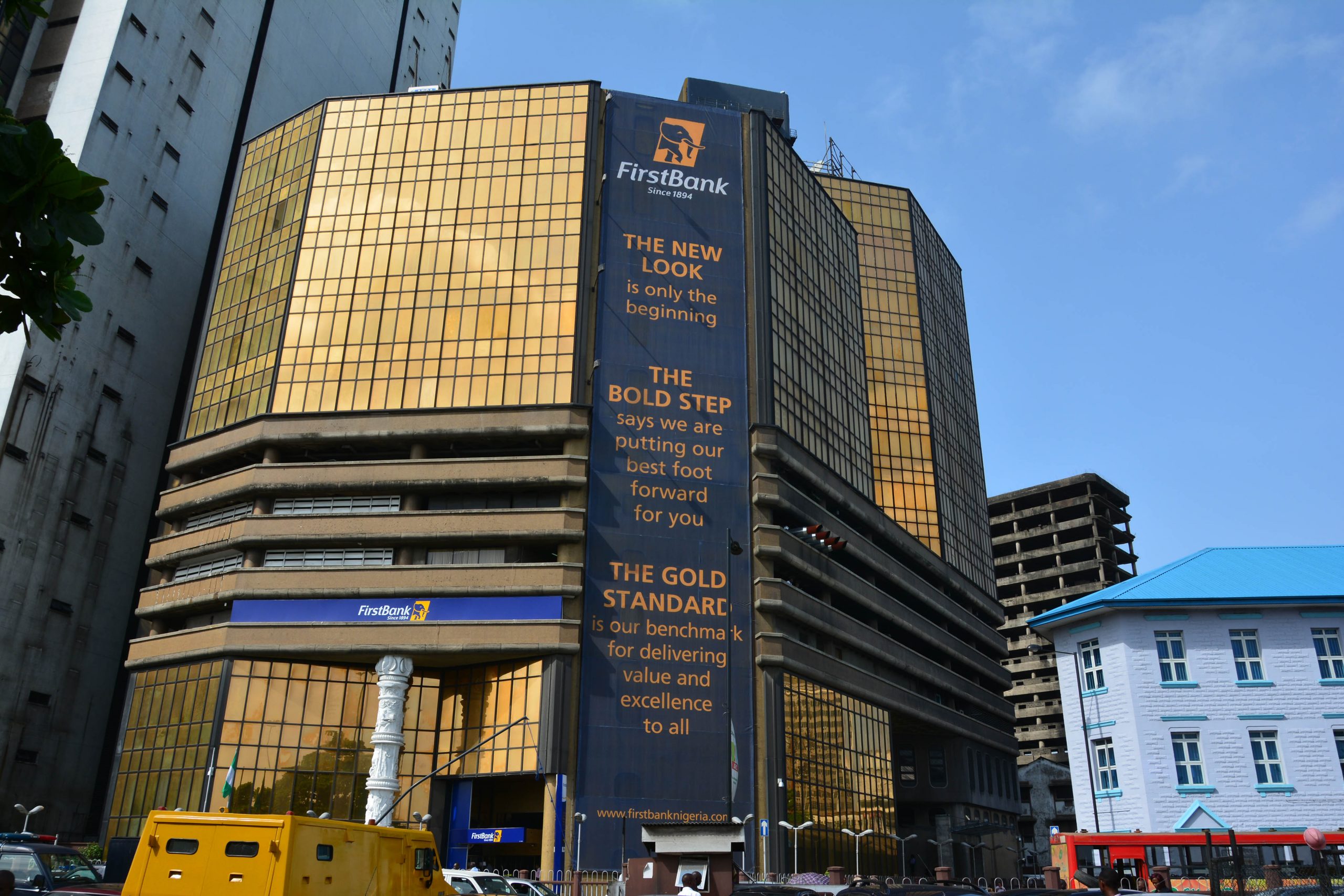Former President Olusegun Obasanjo has opened up about his time in prison, revealing that his outspoken nature on both national and international matters led to his imprisonment under the military regime of General Sani Abacha in 1995. Speaking during an interactive session with young leaders from across Africa, Obasanjo shared his personal story, offering valuable lessons on leadership, resilience, and the importance of standing up for what is right, even in the face of adversity.
The session, which took place at the Olusegun Obasanjo Presidential Library (OOPL) in Abeokuta, Ogun State, was part of the Future Africa Leaders Foundation’s mentorship program. The event brought together 15 young male and female leaders, who were selected from various parts of the continent, alongside 10 winners of the prestigious Future Africa Leaders Awards. During the discussion, Obasanjo spoke candidly about the circumstances that led to his imprisonment, emphasizing the role his refusal to stay silent played in his arrest.
A statement from his Special Assistant on Media, Kehinde Akinyemi, quoted Obasanjo as recalling his time in prison and how his commitment to speaking out on pressing issues led to his incarceration. Obasanjo reflected: “I joined the Army and at the age of 42, I finished my career as a military officer, but, what could I do? I was still young, energetic, and dynamic. So, I took to agriculture, and during that time, I went into prison, and that is not what I really wanted.”
Obasanjo further explained that his refusal to remain silent on national issues, particularly concerning the political situation in Nigeria, made him a target of the military government. “Going into prison is really a challenge because I refused to keep quiet. For me, if there is anything to comment on, I did comment on them, and so, I landed in prison, and that is a challenge,” he said. The former President acknowledged that his time in prison, though difficult, was a defining moment in his life, one that shaped his leadership philosophy.
He also spoke about the political climate in Nigeria upon his release from prison, noting that the country was in a state of turmoil. Obasanjo explained that, upon his release, there was widespread dissatisfaction with the government, and many people felt that change was necessary. “When I came out from prison, the situation was bad in the country that some people felt the need to be saved and pressure started coming,” he recalled, referring to the public pressure that ultimately led to his presidential candidacy in 1999.
Addressing the broader issue of leadership in Africa, Obasanjo emphasized the importance of speaking out against injustice and corruption, regardless of the consequences. His prison experience, he said, reinforced his belief that leaders must be willing to take bold stands, even if it means facing personal hardship. “If you believe in something, you have to speak up for it, no matter the consequences,” he urged the young leaders in attendance.
The former President also shared insights into his decision to run for the presidency in 1999. He explained that his primary motivation was to prevent Nigeria from disintegrating, particularly after years of military rule and political instability. “My decision to run for president was driven by the need to save Nigeria,” Obasanjo stated, emphasizing the importance of unity and stability for the country’s future.
In addition to discussing his political journey, Obasanjo touched on the issue of African debt, which has been a major challenge for many countries on the continent. He expressed concern over the reckless accumulation of debt by some African nations, attributing it in part to corruption. “Most of the debts cannot be explained. Some are due to outright corruption,” he said, warning that irresponsible borrowing could have long-term negative effects on the continent’s economic stability.
Obasanjo’s comments on African debt were particularly poignant, as many countries in the region continue to face significant financial challenges. He stressed that leaders must prioritize transparency and accountability in managing national resources to avoid falling into the trap of unsustainable debt.
The former President also took the opportunity to reflect on the broader issue of governance in Africa, calling on young leaders to be vigilant in their efforts to combat corruption and promote good governance. “As future leaders of Africa, you must ensure that the resources of your countries are used for the benefit of your people,” he said, urging them to focus on long-term solutions to the continent’s economic and social challenges.
As the interactive session came to a close, Obasanjo reiterated his commitment to mentoring the next generation of African leaders. “I believe that the future of Africa lies in your hands,” he told the young leaders. “It is your responsibility to make sure that Africa rises and achieves its full potential.” His words resonated deeply with the young leaders, who left the event feeling motivated and empowered to tackle the challenges facing their respective countries.
 Peace OdekunleJanuary 11, 20253 Mins read31 Views
Peace OdekunleJanuary 11, 20253 Mins read31 Views















